The new point of the 2024 Land Law is that Article 45 no longer stipulates restrictions on the transfer or donation of rice-growing land. Individuals who are not directly involved in agricultural production are still allowed to receive transfers or donations of rice-growing land.
In addition, Article 96 of the Land Law also clearly states that households and individuals using agricultural land when the State reclaims land, if they meet the conditions for compensation, will be compensated with agricultural land or money or land with a different purpose than the type of reclaimed land or with housing.
The drastic change in regulations related to agricultural land is expected to open a boom period for this segment.
Speaking with Dan Tri reporter, Mr. Nguyen The Diep - Vice President of Hanoi Real Estate Club - said that the 2024 Land Law has created a breakthrough legal corridor for agricultural land.
Accordingly, not limiting the transfer subjects will make the agricultural land market more vibrant. As a result, agricultural land prices will certainly increase. This will create conditions for farmers to reduce disadvantages.
"However, there will be groups of investors and businesses that collect and speculate on agricultural land and wait for high compensation or housing. In fact, speculation on agricultural land did not appear when the law was applied. Before that, many investors had bought and sold land but only by handwritten documents because they were not eligible for transactions. However, after the new law is applied, there will be more openness in transactions, making this segment very vibrant," said Mr. Diep.
However, this expert pointed out that speculating on agricultural land will pose many risks to investors because if the project planning is suspended for many years, investors will certainly have their capital "buried". In addition, converting agricultural land to other uses is very difficult, even impossible.
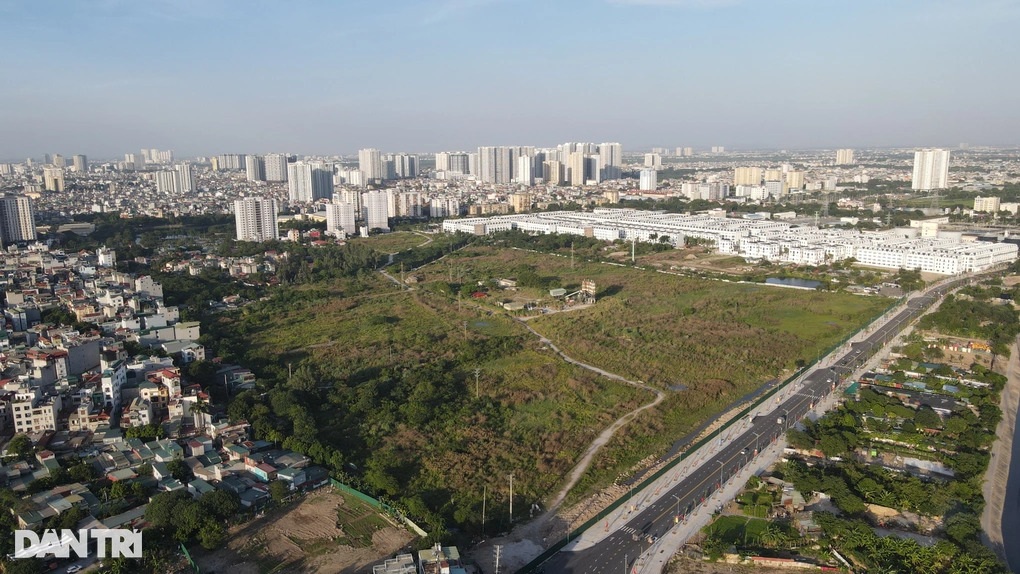
An urban area in Hoang Mai district (Hanoi) has been abandoned for many years (Photo: Tran Khang).
Expert Pham Duc Toan said that the recovery of agricultural land with compensation in cash or housing is opening up many negotiation options for investors and land users.
"In the past, there were cases where land users demanded compensation that was too high, forcing investors to pay a large amount of money. But they made agreements that after the project was completed, they would compensate those whose land was recovered with land or houses in the project or preferential purchase rates.
Currently, the recovery of agricultural land for compensation in money or housing is regulated by law as a form of legalization, creating an open direction for investors in the process of site clearance," Mr. Toan stated.
According to him, in the past, there were groups that collected agricultural land, bought and sold it with handwritten papers and waited for compensation when implementing the project, but this was not common. However, current investors can only compensate at a certain level. If the price is too high, they may have the option of asking the local government to intervene to clear the land.
Because it is a matter of local economic development, localities often act very strictly to avoid setting a bad precedent. This is also a risky issue for agricultural land speculators. In addition, Mr. Toan said there will be additional risks if the project is delayed or even canceled. Thus, the speculators can suffer very heavy losses.
"During the recent "land fever", agricultural land prices also increased very high, and people did not accept to sell at a low price. If there were a planning project, people would certainly not sell but wait for compensation. Therefore, speculating on agricultural land has more risks than rewards. I know some groups that previously speculated on agricultural land but are now disillusioned because they sell at a loss and there are no buyers," he said.
Source: https://dantri.com.vn/bat-dong-san/dau-co-dat-nong-nghiep-de-duoc-den-bu-co-the-vo-mong-20240702104011786.htm


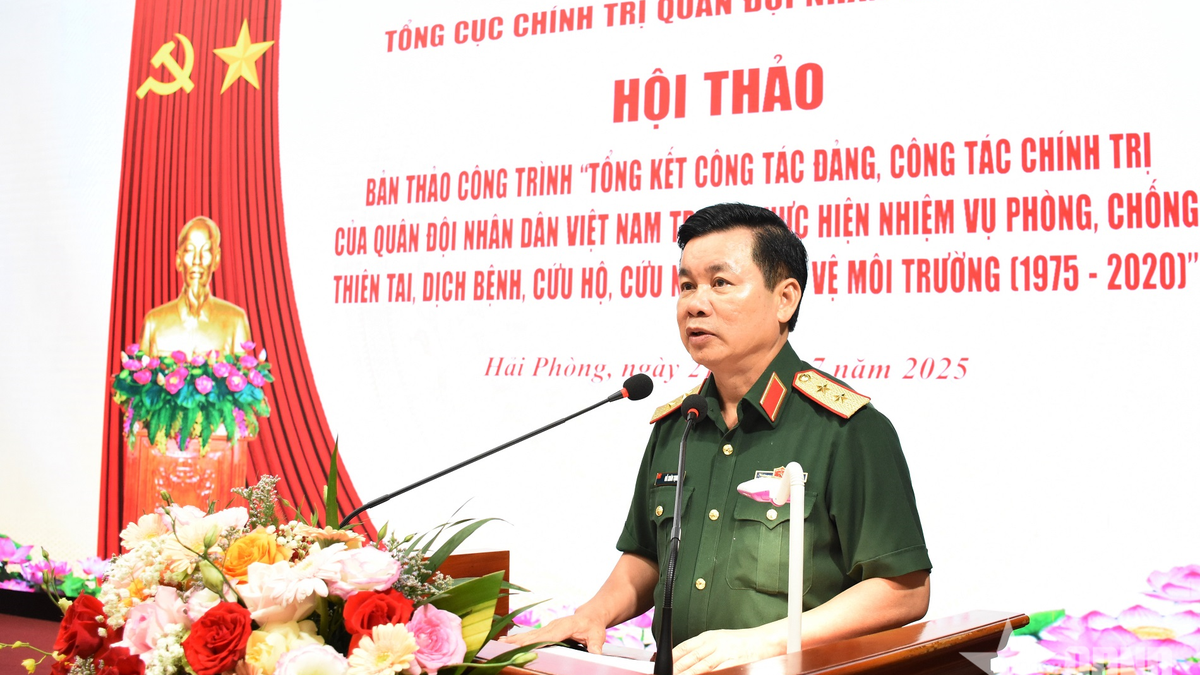

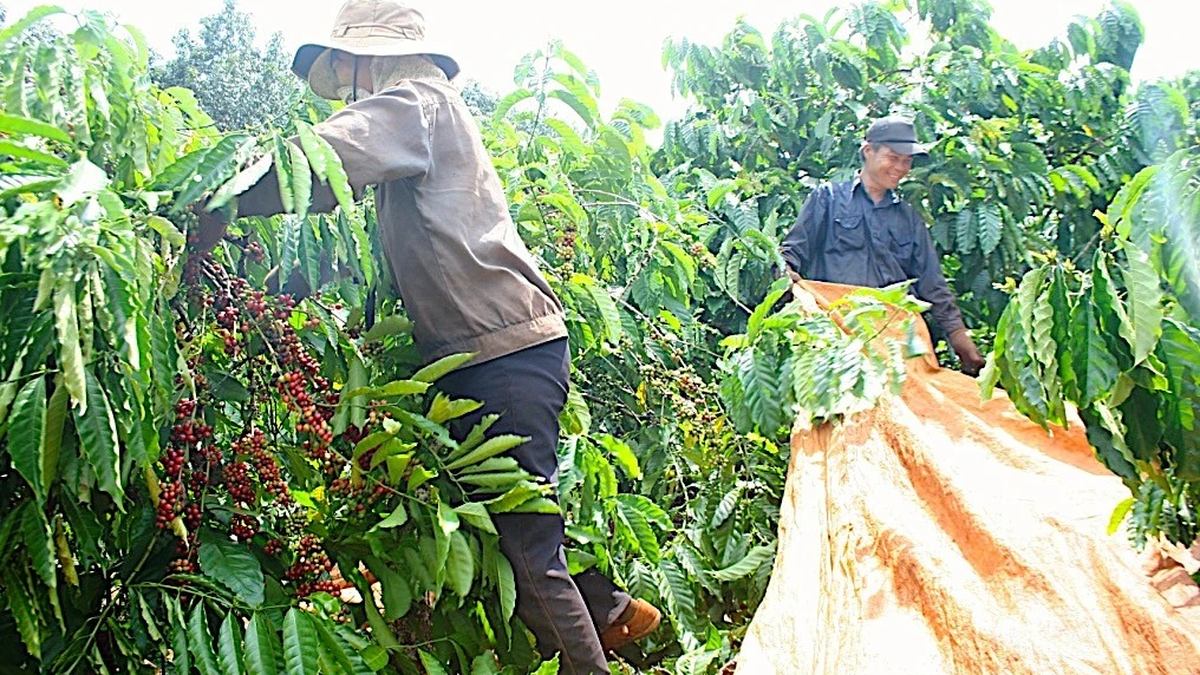
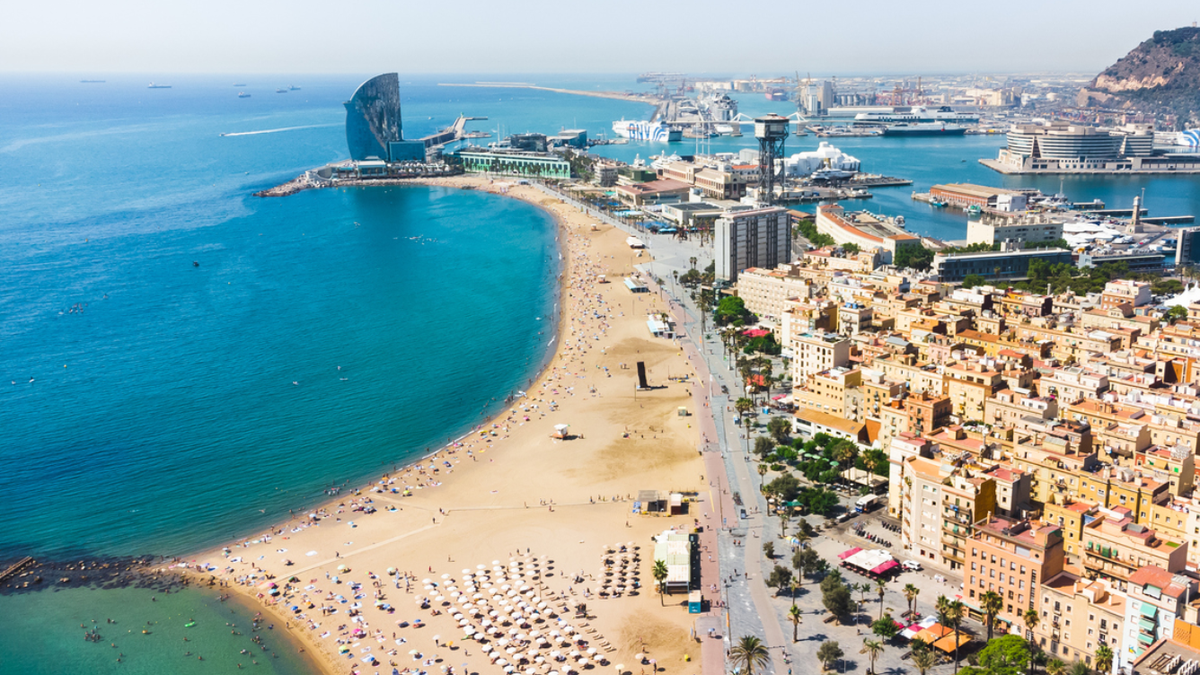

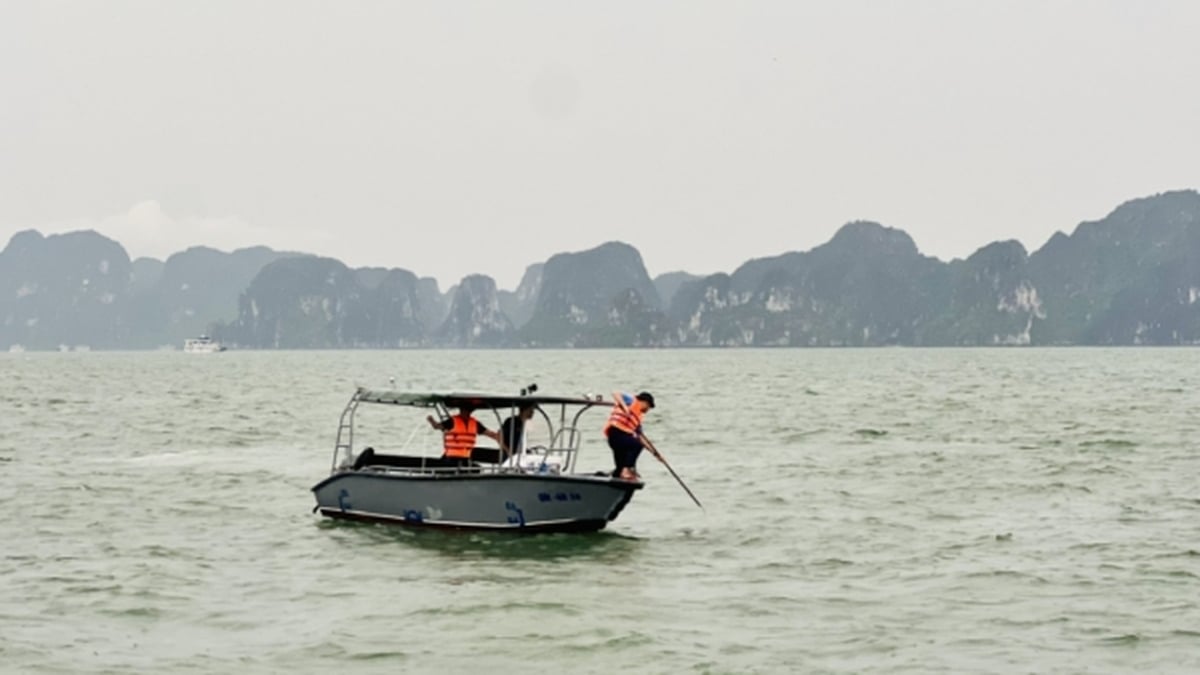
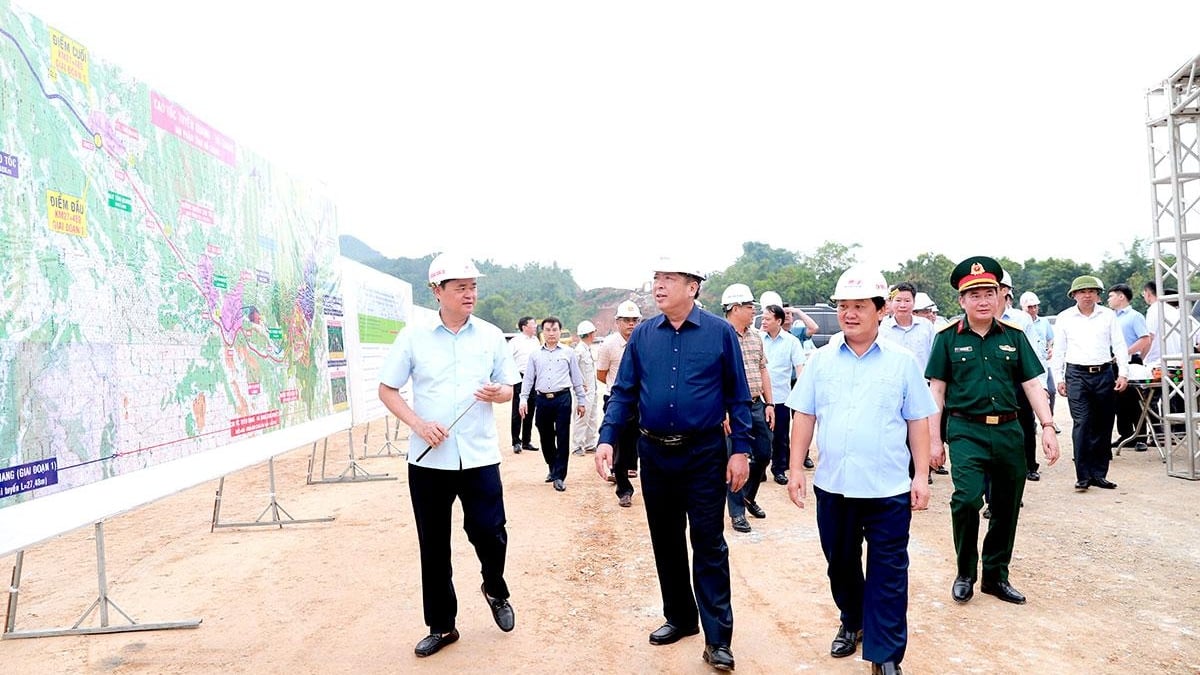
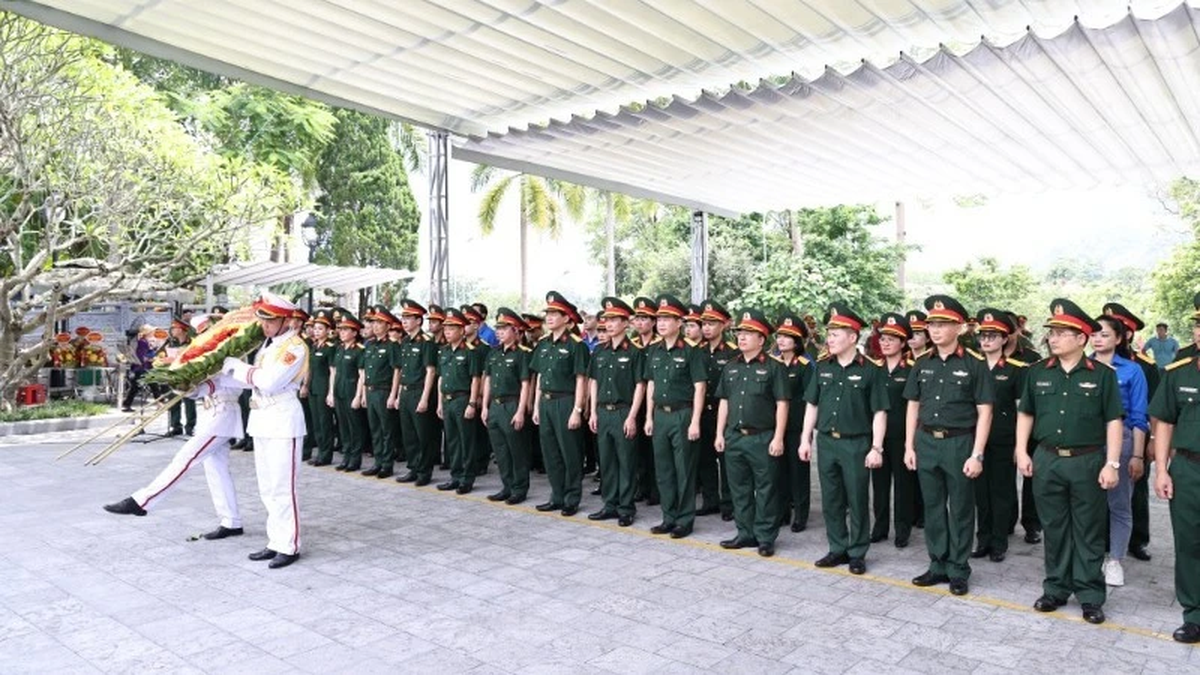
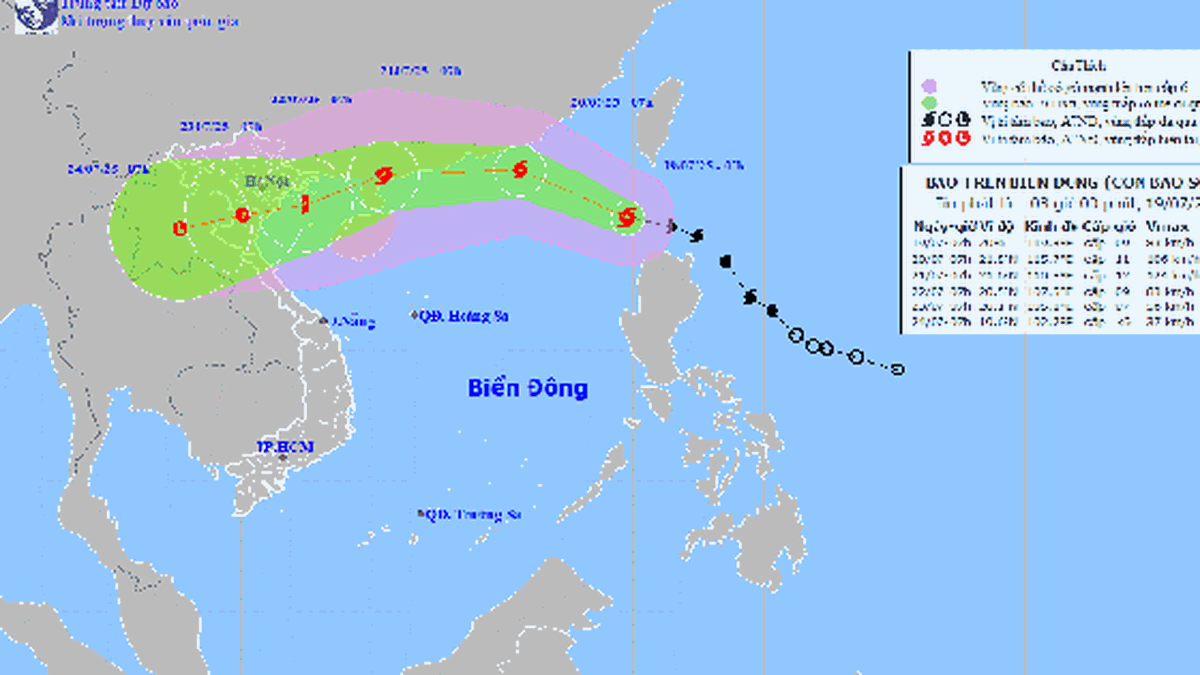
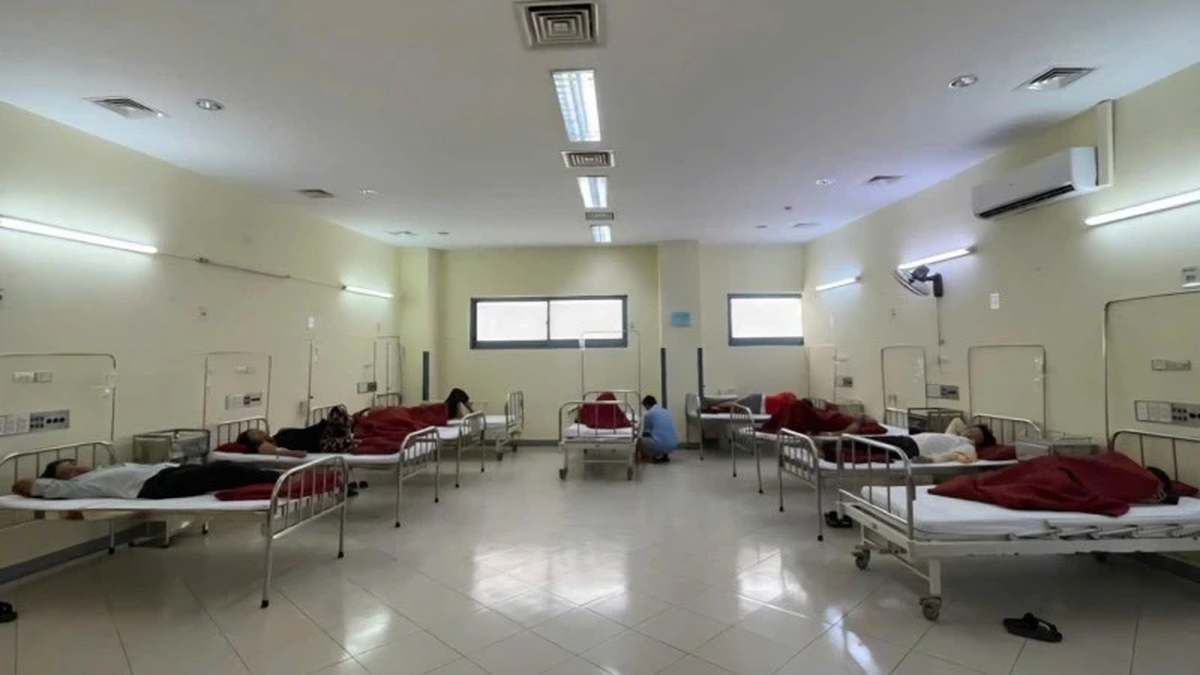















![[Photo] National Assembly Chairman Tran Thanh Man visits Vietnamese Heroic Mother Ta Thi Tran](https://vphoto.vietnam.vn/thumb/1200x675/vietnam/resource/IMAGE/2025/7/20/765c0bd057dd44ad83ab89fe0255b783)




























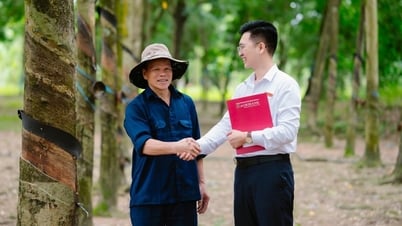


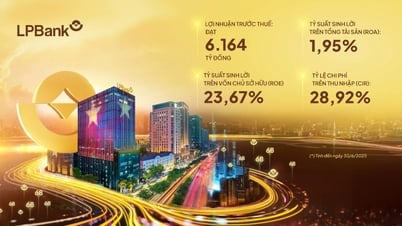
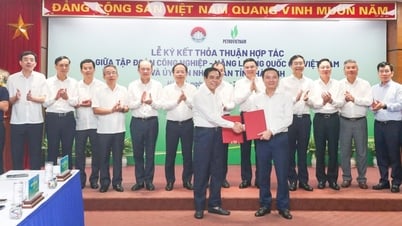


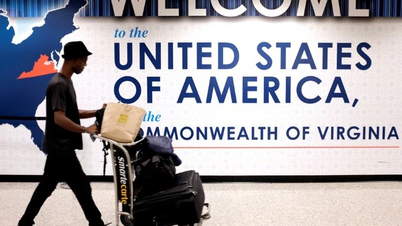


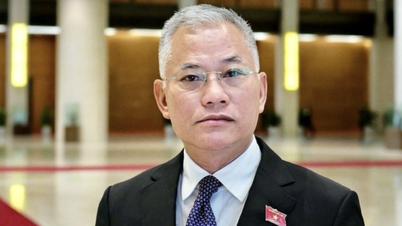

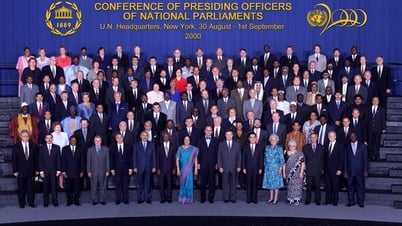



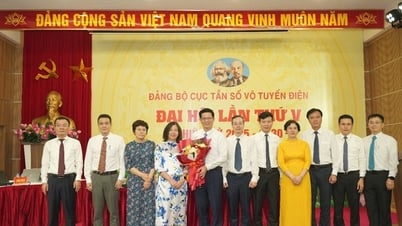

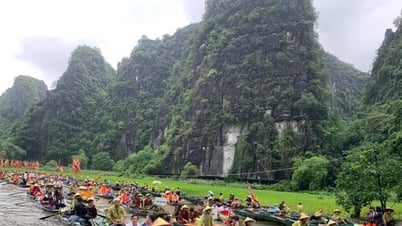

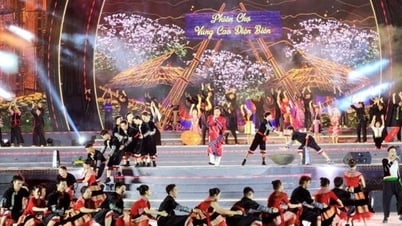





















Comment (0)